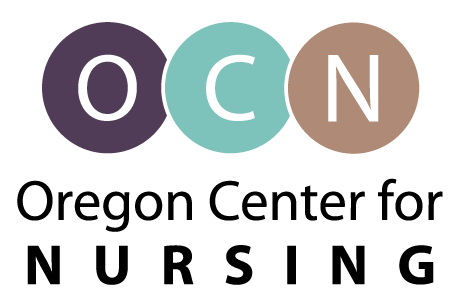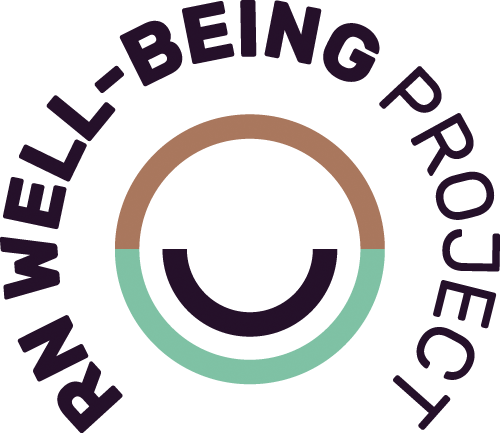Response Programs to Enhance Support
Response programs are typically a large investment that can be highly valued by staff from all disciplines. The training and tools provided can help increase understanding of situations, connection to peers, and aid in building a compassionate culture. In our literature review, several response programs were identified as having evidence-based foundations and successful outcomes in enhancing support in organizations. Our team of nurse volunteers put the following list together as a useful reference for organizations looking to implement a response program in addition to addressing the four domains outlined in the research.
1 – Schwartz Rounds
Swartz Rounds are offered through the Schwartz Center. Organizations must become healthcare members of the Schwartz Center to conduct Schwartz Rounds. The program offers time for discussion of the emotional and social issues in providing care to patients and families. The insight gained by participants helps to strengthen the caregiver-patient connection. Benefits of the interdisciplinary program include improved teamwork, decreased stress, decreased compassion fatigue, and reconnection their motivation for joining the healthcare team. The Schwartz Center also offers other programs such as Stress First Aid Basics Training and Train the Trainer program.
2 – RISE
Resilience In Stressful Events (RISE) is a collaborative program between the Maryland Patient Safety Center and John Hopkins, supported by the Josie King Foundation. The program is a 2-day event for the organization. Day 1 consists of Implementation and targets hospital leaders, Risk Management/ EAP, and Quality and Safety professionals within the organization. Day 2 occurs 4-6 months after implementation training and consists of Peer responder training with a team component. The program works best when there is significant planning at least 6 months prior to implementation so that there are structures in place to support the program in an ongoing manner.
3 – MindStrong
The Mindstrong program through The Ohio State University focuses on building resiliency and coping skills. The program is supported by evidence of stress reduction, decreased depression and anxiety as well as improved performance. Mindstrong introduces the acronym COPE, Creating Opportunities for Personal Empowerment, and employs Cognitive Behavioral Therapy Components to help reframe stressful events and engage in health-promoting behaviors. There are two tracks, one for educators of young adult learners and another for healthcare professionals.
Organizations can train a facilitator here.
4 – Mindfulness-Based Stress Reduction Or Mindfulness-Based Cognitive Therapy
Mindfulness-Based Stress Reduction (MBSR) improves awareness of the present moment and helps participants reframe events. MBSR is proven to reduce burnout, stress, depression, and perceptions of pain and has some of the most robust evidence in improving caregivers’ resilience and burnout. Traditional MBSR engages participants in classes for 2-2.5 hours weekly for eight weeks with practice outside of class. The traditional MBSR has a daylong meditation retreat following the conclusion. Class time has been decreased, and the day-long retreat has been omitted with success. Instructors may be available in your community, or you can send someone to a train-the-trainer program. Most large cities (for example, Portland/ Seattle) have multiple MSBR-certified teachers, as do many yoga studios. As of this writing, the cost to become a trainer is between $6,000-$15,000. A breakdown of some of the more reputable programs can be found here.
5 – PRISM at Work
Promoting Resilience in Stress Management (PRISM) is a program initially aimed at helping patients deal with debilitating diseases such as cancer. PRISM at work is a group coaching program that teaches resilience to healthcare workers and other hospital employees. The program consists of 6 weekly 1-hour sessions. The program showed increased resilience, decreased stress, reduced anxiety, improved emotional exhaustion, and growth from adversity. The program employs elements from mindfulness-based stress reduction and Cognitive Behavioral therapy. The sessions include principles such as mindfulness techniques, social support, relaxation methods, goal setting, coping, and reframing thoughts.

